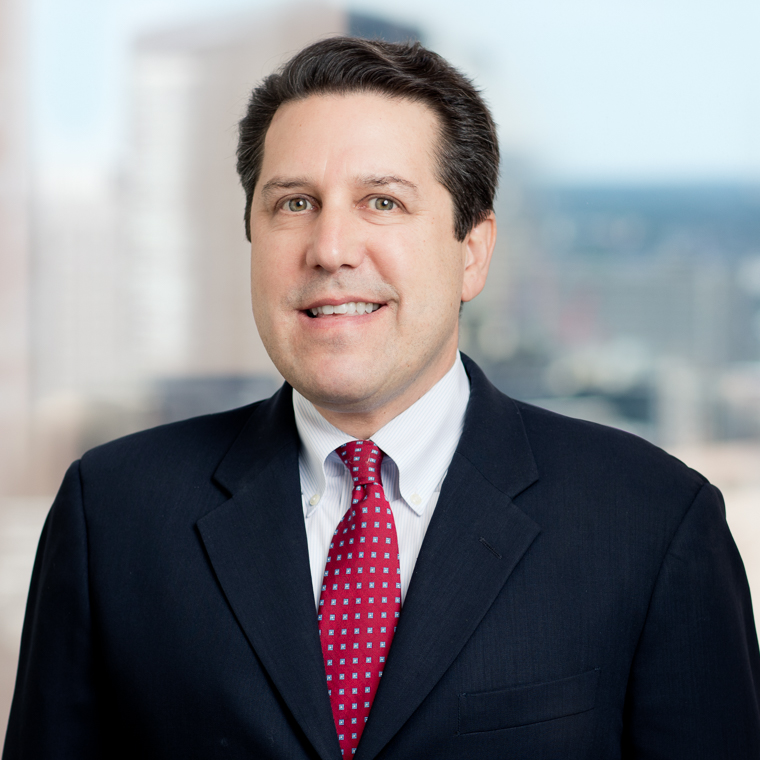U.S. Energy Department Creates Private Sector Partnership to Accelerate Renewable Energy Projects
Authors
Seven previous rounds of solicitations, focusing on new or innovative technologies, have been issued under DOE's loan guarantee program since it was established in 2007. The first FIPP solicitation invites applications for conventional renewable energy generation projects, including wind, solar, biomass, geothermal, landfill gas, waste-to-energy, and hydropower. Eligible projects must commence construction by September 30, 2011.
Manufacturing, transmission, and leading edge biofuels projects are not eligible for funding under the first FIPP solicitation, though DOE anticipates issuing an additional FIPP solicitation in the future for manufacturing projects.
FIPP establishes new standards to expedite DOE's existing loan guarantee process and expand senior credit capacity. Under the new program, proposed borrowers and project sponsors do not apply directly to DOE, but instead work with eligible lenders that may apply directly to DOE to access a loan guarantee.
Participating financial institutions will be required to share in a significant amount of the risk of the guaranteed obligations, on a pari-passu basis, with DOE as guarantor. The guarantee percentage may be up to 80% of the maximum aggregate principal and interest during a loan term. DOE expects to issue loan guarantees to support projects primarily using limited or nonrecourse project finance structures, and further expects guaranteed obligations to be "traditional" senior secured debt, structured in accordance with customary market terms applicable to a high-quality, long-term energy project finance transaction – and not modified to accommodate tax-oriented investment structures. Whether structured on a project finance or a corporate finance basis, project debt must have a credit rating of at least 'BB' or an equivalent with a nationally-recognized credit rating agency.
DOE expects eligible lenders to have the lead role in developing the overall financial structure of proposed projects and the specific terms of the guaranteed obligations. Eligible lenders will be required to qualify in accordance with standards that are related to their role in the financing of the guaranteed obligations, and will have continuing obligations to DOE (such as servicing oversight and loan monitoring).
The first FIPP solicitation includes a two-part application process. DOE is now accepting "Part I" submissions, which will be evaluated on a continuous basis to determine whether applications meet basic threshold requirements (such as compliance with the National Environmental Policy Act). Once an applicant receives DOE's notification on a Part I submission, the applicant may file the more detailed "Part II" submission. DOE will conduct ten rounds of review of Part II submissions. All Part II submissions filed during a round of review will be evaluated competitively against all others filed during that round, based on programmatic factors, creditworthiness, and financing and funding plans. Due dates for the ten rounds of review have been set between November 23, 2009 and January 6, 2011.
Applicants should conform the technical, financial, and administrative attributes of their submissions to DOE guidelines, available here.
To view the first FIPP solicitation, click here.
WilmerHale's Energy and Clean Technology practice group has extensive experience in the areas of public policy, government contracting, project finance and development, and energy regulation. We are uniquely positioned to expertly advise renewable energy and clean technology companies on the complex issues and opportunities that arise in connection with these federal funding opportunities, and to assist companies in both obtaining government funding and successfully developing their projects.
